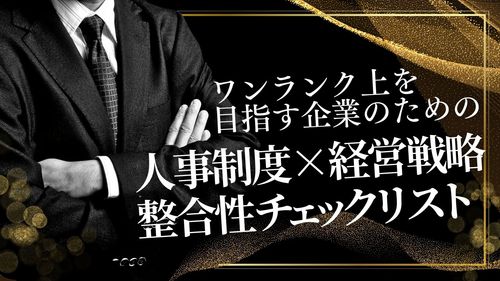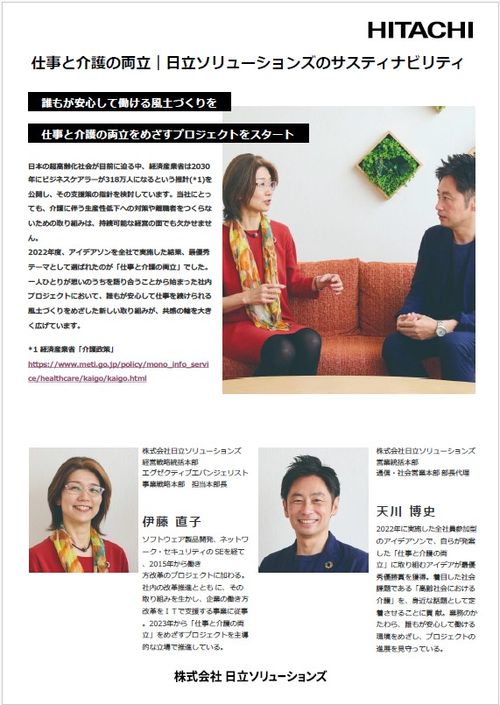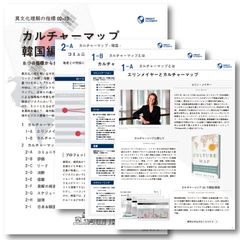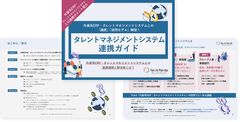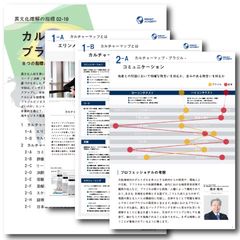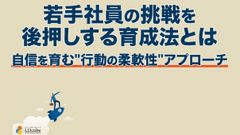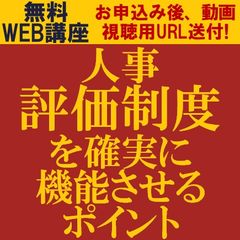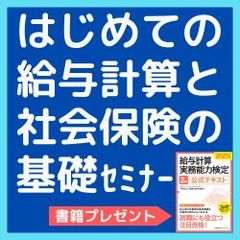
Volume 3: Career development as an element of an HR sponsored training
In the previous articles of this series, I wrote about the importance of conducting global training programs together with participants from Japan and the overseas subsidiaries. In this article, I will write about a topic of great relevance and importance for such training programs: career planning.The effort to align corporate development goals with individual employee’s needs and aspiration is an important part of HR Department-led career planning activities.
Yet some companies still do not understand the importance of career planning. When I talk with HR managers at some Japanese companies, I am sometimes told that career planning activities are not necessary in Japan; this is because the company will decide the career path of Japanese employees. Normally, I am told something like this: over the course of the working life of a Japanese company employee, the company will transfer employees around the company into various positions; employees in Japan accept such decisions because they work under the tacit understanding of lifetime employment.
Or, sometimes employees are provided with the opportunity to express their own aspirations to the company via a career planning system, but in actuality, whatever employees write into the system is not really reviewed deeply by the company when position transfers are considered.
Despite the abovementioned, I am increasingly carrying out global employee development training programs for both Japan-based employees and overseas subsidiary in which we spend some time talking about future career planning. I expect that such needs will continue to grow. As the new generation of workers in Japan may not automatically envision their long-term career with one company until retirement, Japanese companies will need to make more and more of an effort to retain their best talent in Japan through enhanced career planning initiatives. It goes without saying that at the overseas subsidiaries of Japanese companies, career planning initiatives are essential for attracting, retaining and developing local talent.
For such programs to be successful, some of the following elements are necessary:
The company should have a clear and inspiring vision for the future
A clear and inspiring vision (mission and values) is essential for initially attracting employees to any company. Such a vision remains important after employees are initially hired to maintain the motivation of employees and help them to envision how to continually contribute to society through their work at the company.Vision retains employees. The most talented employees have options—they can continue to work at your company or choose to move on at any time. And while they might even be able to make more money elsewhere, the most talented employees will turn down opportunities elsewhere if they feel that their work is meaningful within the context of your company.
In a career development training program, it is typical to frontload the training with information and discussion about the company’s business growth plans and vision for the future. Then, as a facilitator, I challenge participants to think about the contribution they want to make to realize this corporate vision.
The corporate HR Department needs to explain the company’s talent management strategy
Vision is a great first step. However, talented employees also know that Vision may simply float in the clouds unless there is a clear strategy and HR structure to support the employees to contribute to the Vision. HR needs to assure employees that their aspirations will be heard and taken into consideration when organizational plans are drawn up and successor candidates are raised.It is important to challenge employees to envision their growth…and for HR take note
Next, employees should be challenged to envision their growth and somehow make their growth plans “visible.” When I facilitate trainings with diverse groups, I use a simple career dimensions tool that I have developed to help participants envision their career. With this tool, I ask participants to consider their growth over the next ten years across three dimensions: functional experience, organizational influence and geographic scope.There is a stereotype that Japanese employees are developed to be generalists because of frequent position transfers, but that non-Japanese workers are specialists who would not accept transfers within the business to new functional positions. In a recent training program where I used the abovementioned career dimensions tool with participants coming to Japan from countries across Asia, North and South America and Europe, the responses from employees demonstrated how stereotypes can be incorrect. Unlike the stereotype, the majority of the participants expressed a strong willingness to experience and contribute to areas of the business outside of their current expertise as long as there was some perceived significance to their overall career development.
Follow up after training is essential
While conducting training for career development is a great first step in the discussion between the company and employees about their mutual future, career planning follow-up after the training is essential. I advise the HR Departments to encourage the employees to continue to think deeply about their career aspirations after the training program and then to submit their career plan to the HQ in Japan. In other words, the HQ should take responsibility for tracking the career development of their employees from the overseas subsidiaries as much as the employees in Japan.Career planning is an essential element of global talent management. Without such career planning activities, your best and most valued employees may simply seek their next opportunity outside of your company.
----
In this article, I briefly wrote about the importance of expressing a Vision to employees. In the next article, I will write specifically upon the importance of expressing the Corporate Philosophy to employees in Japan and overseas.
- 1


